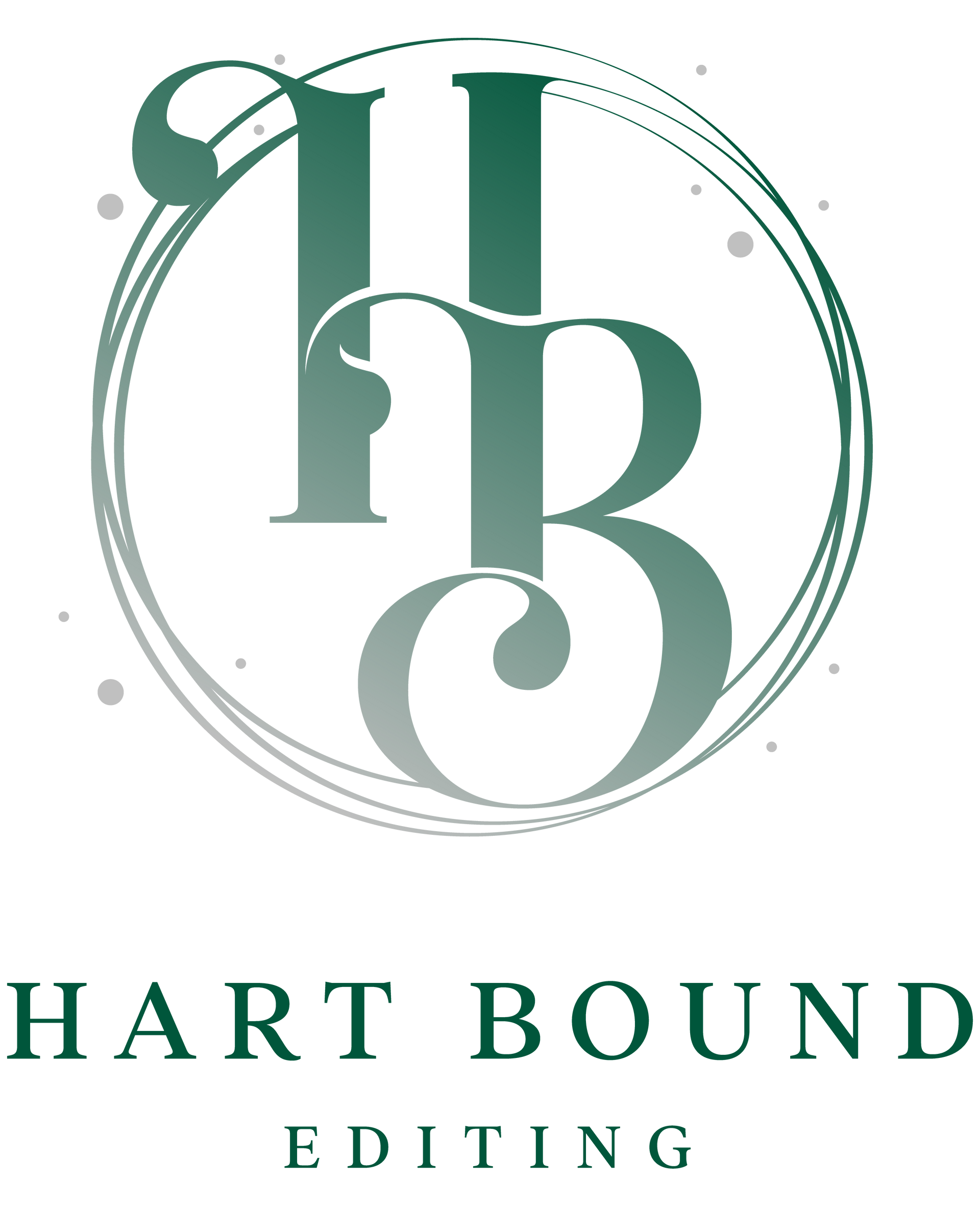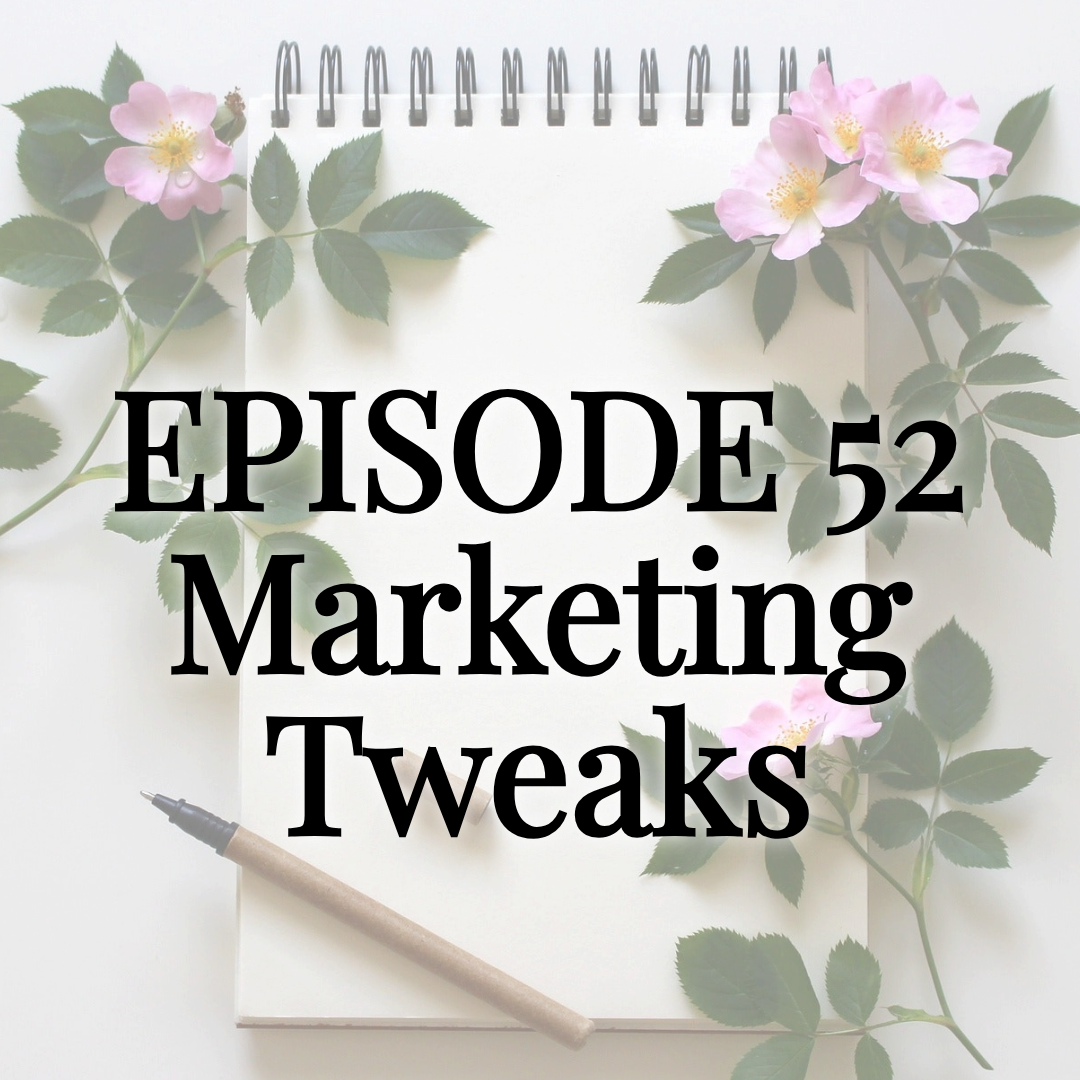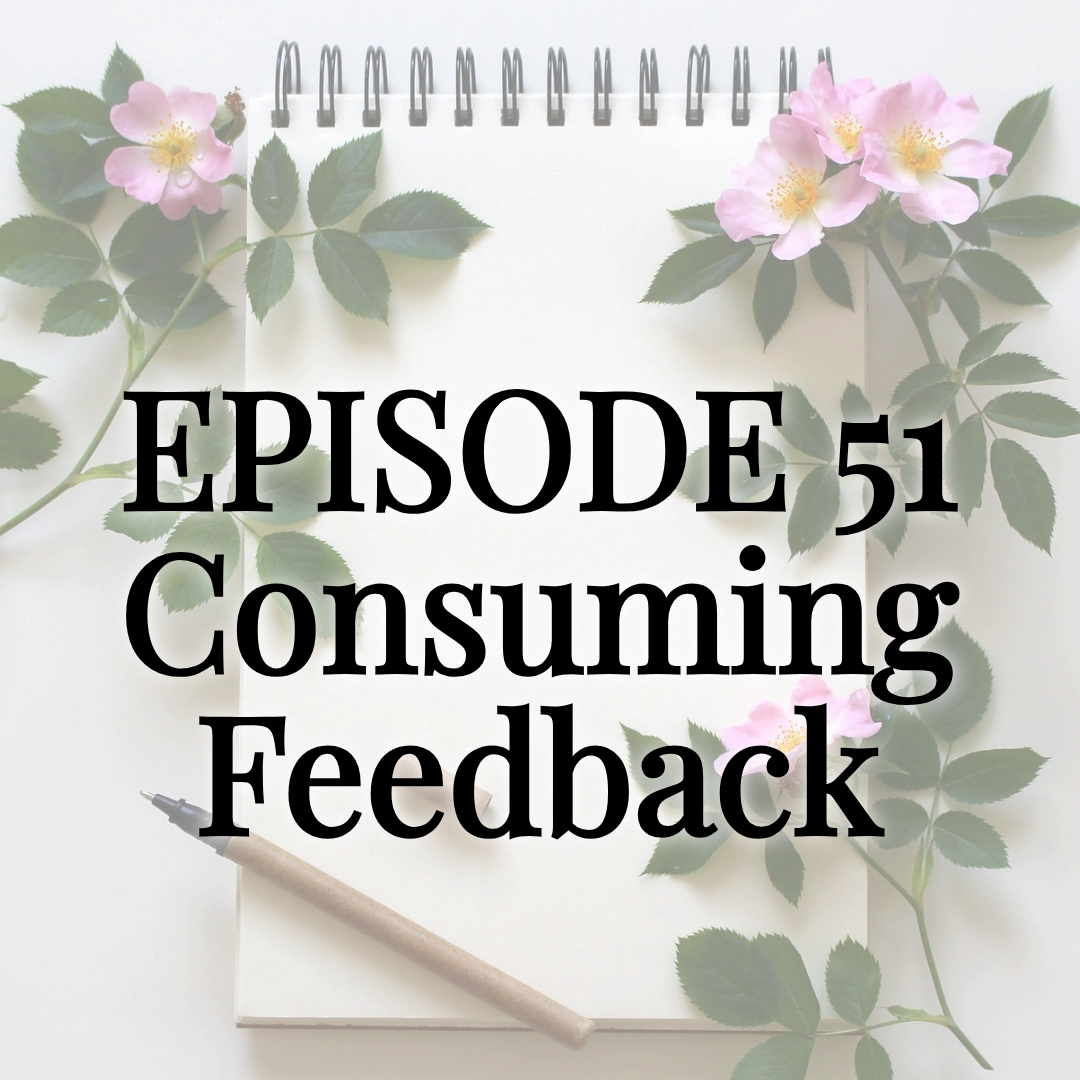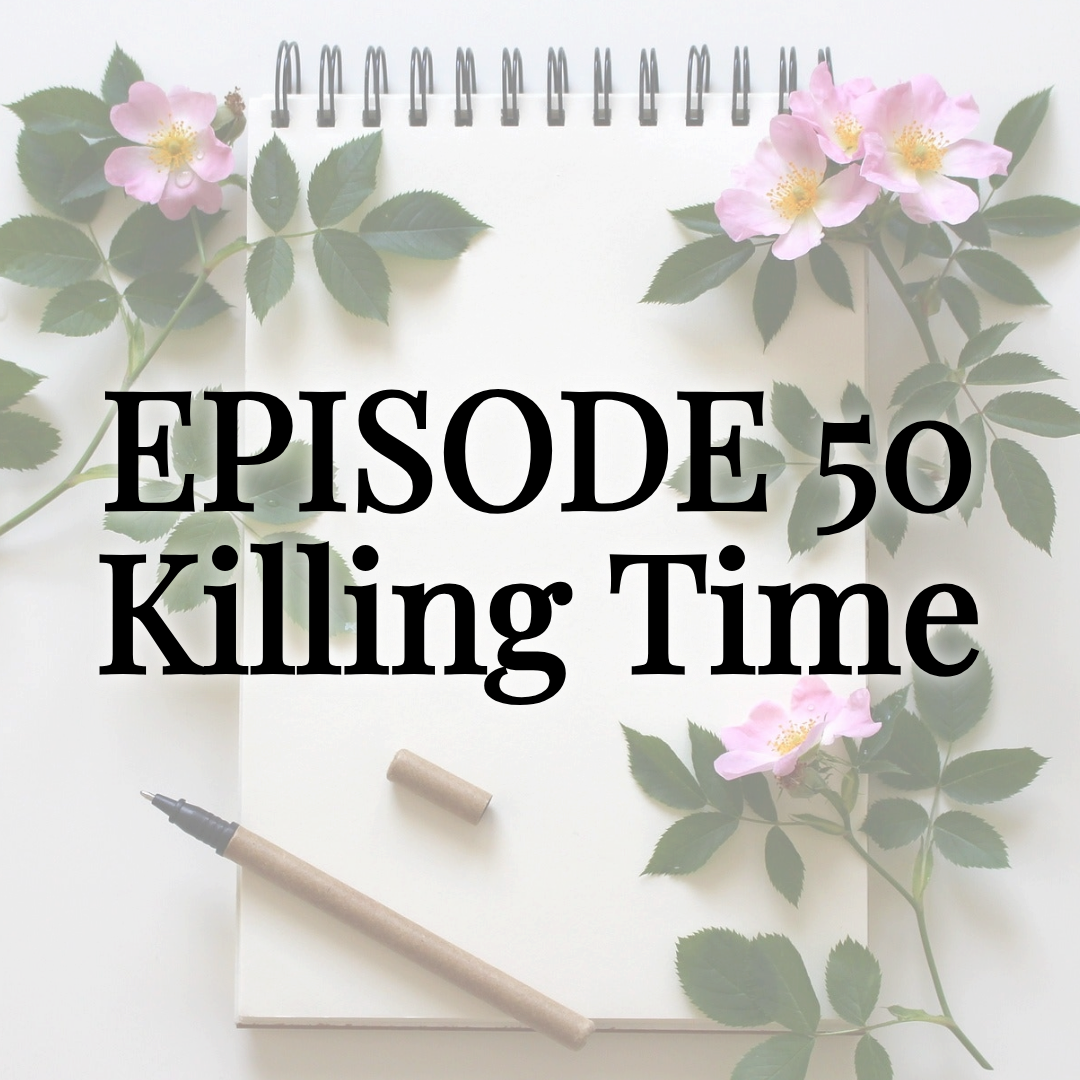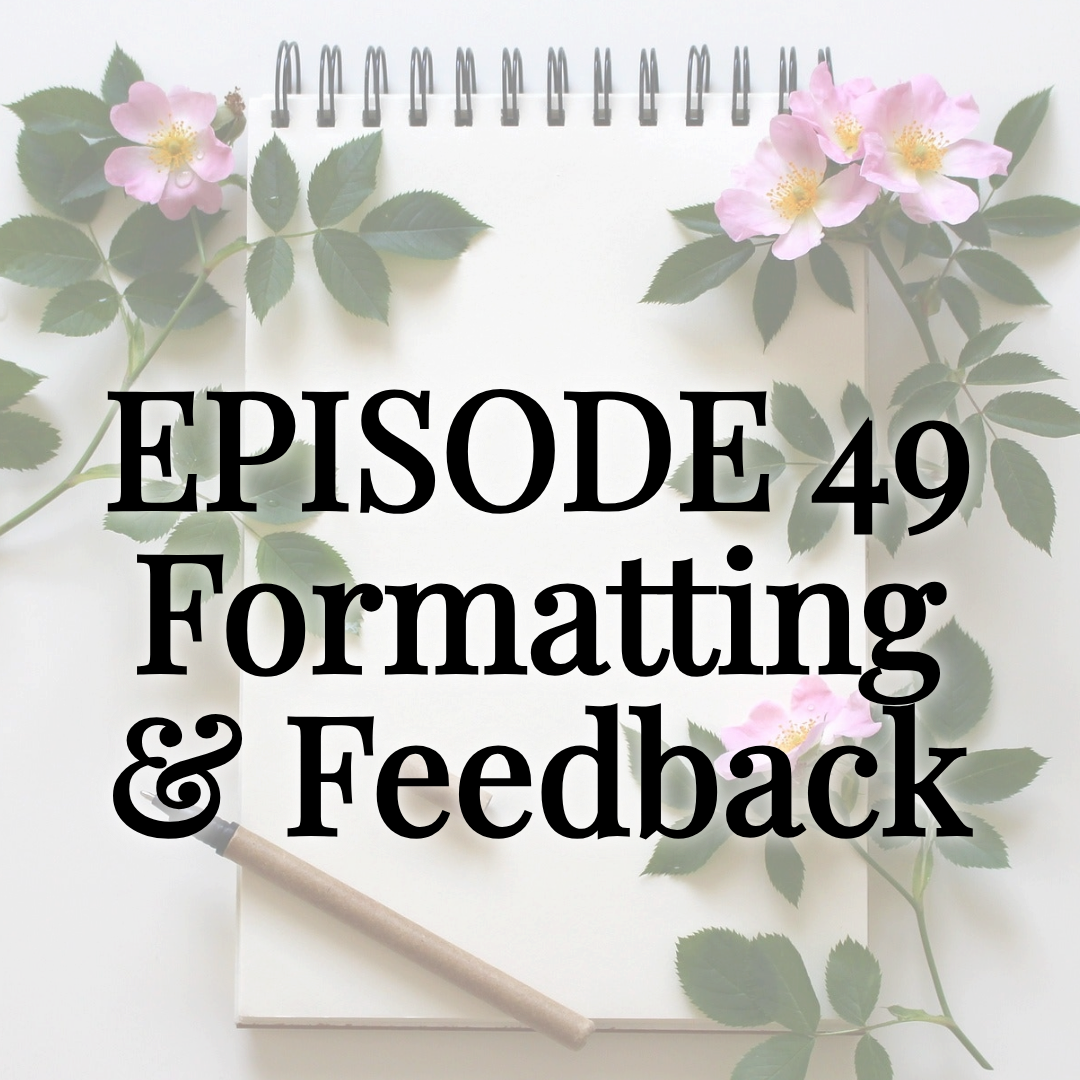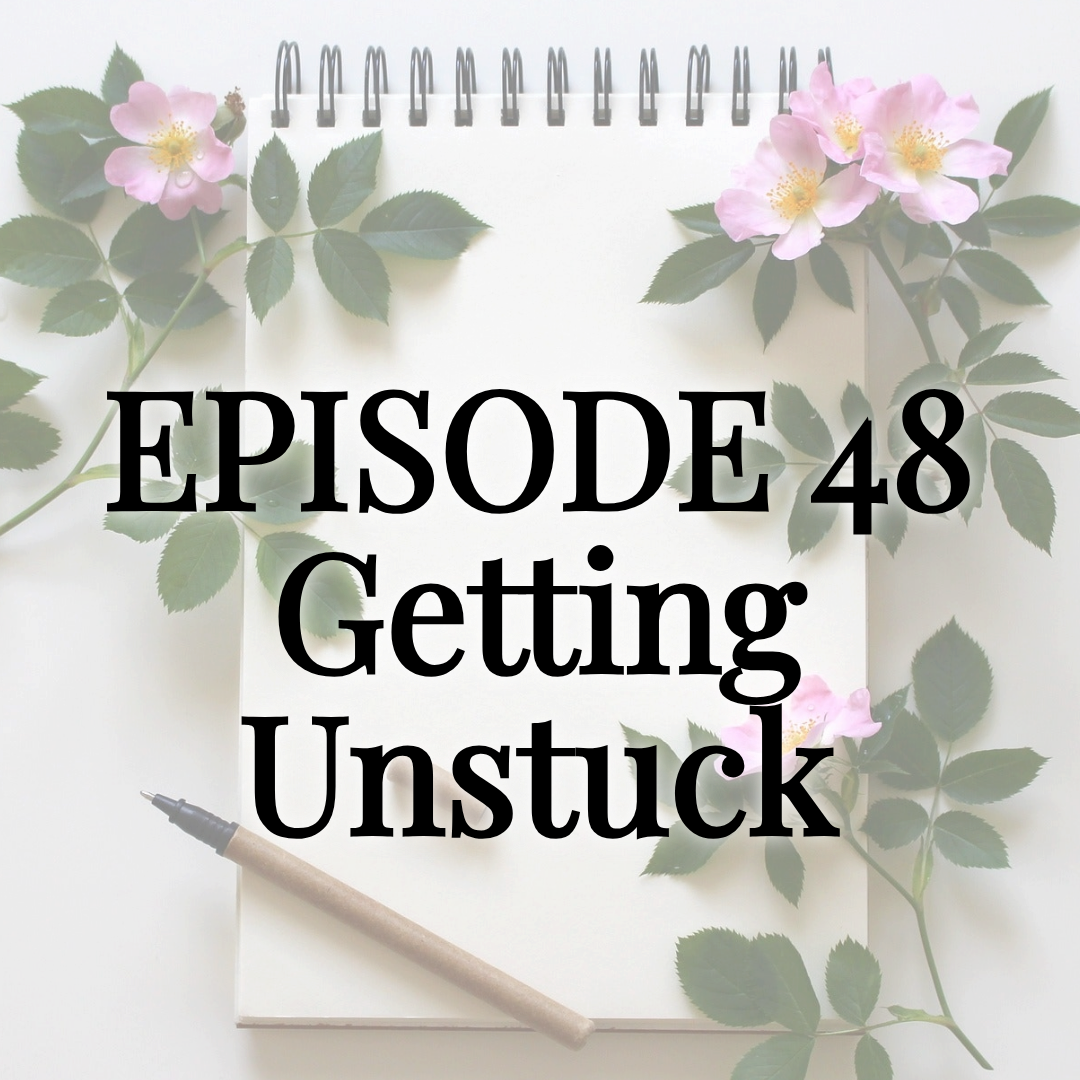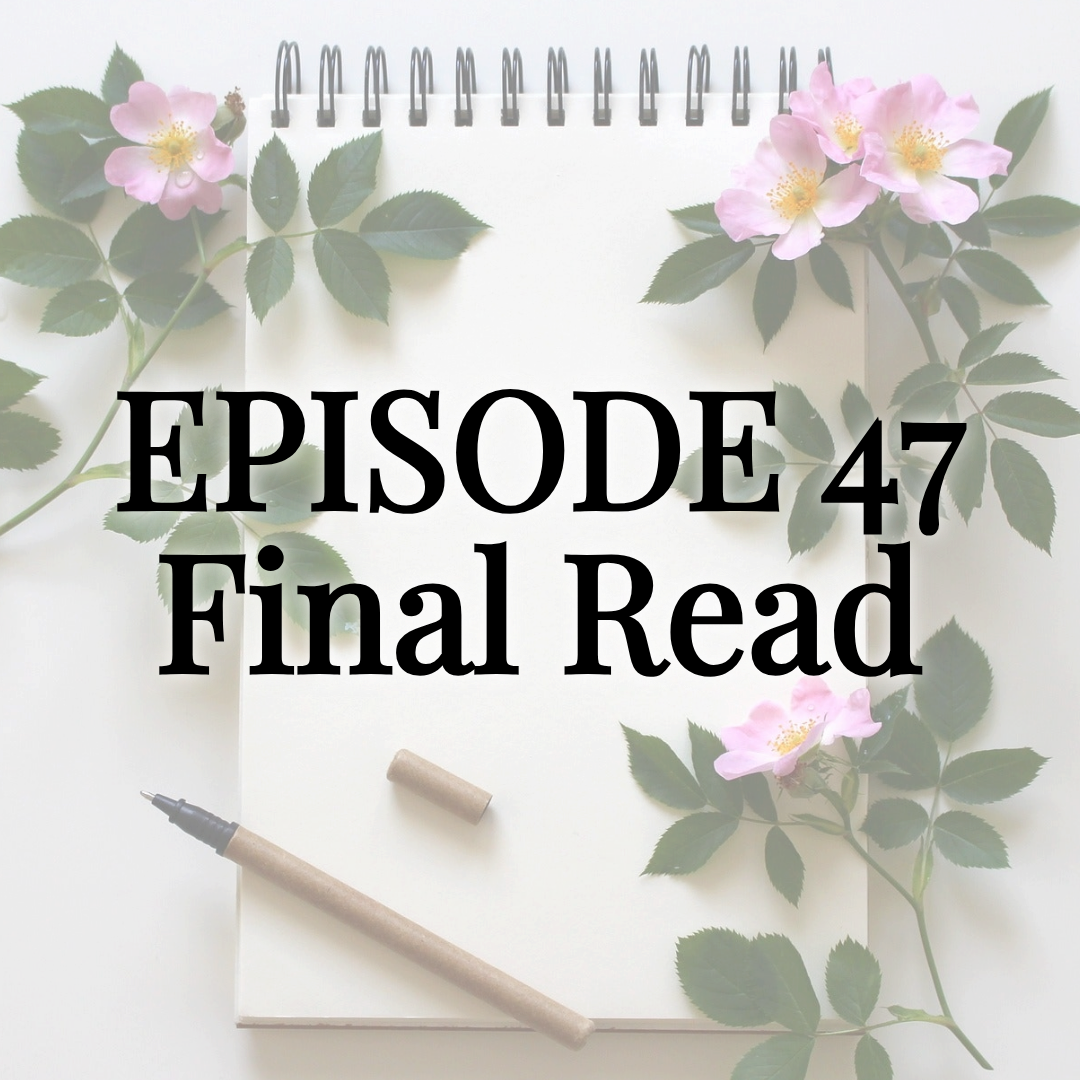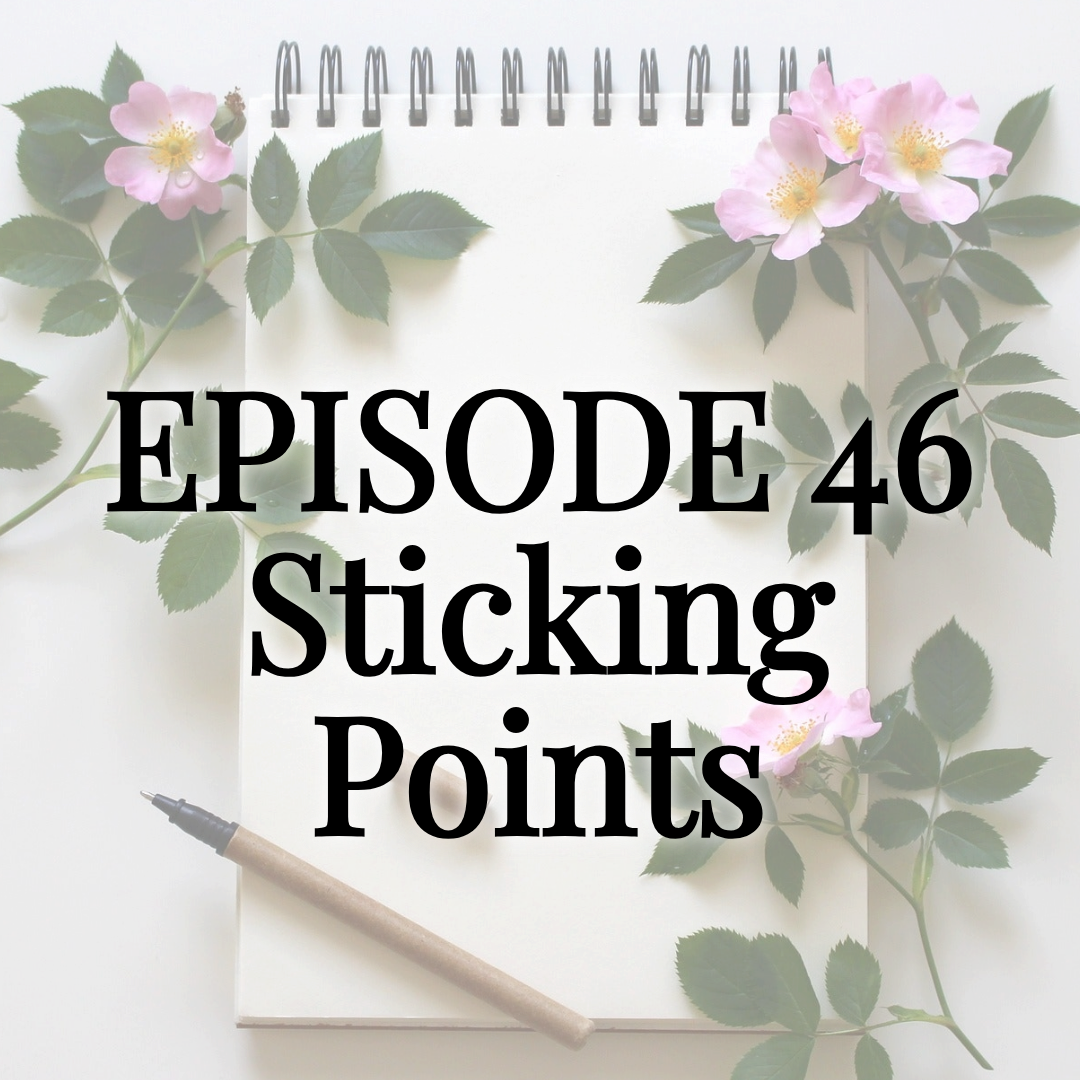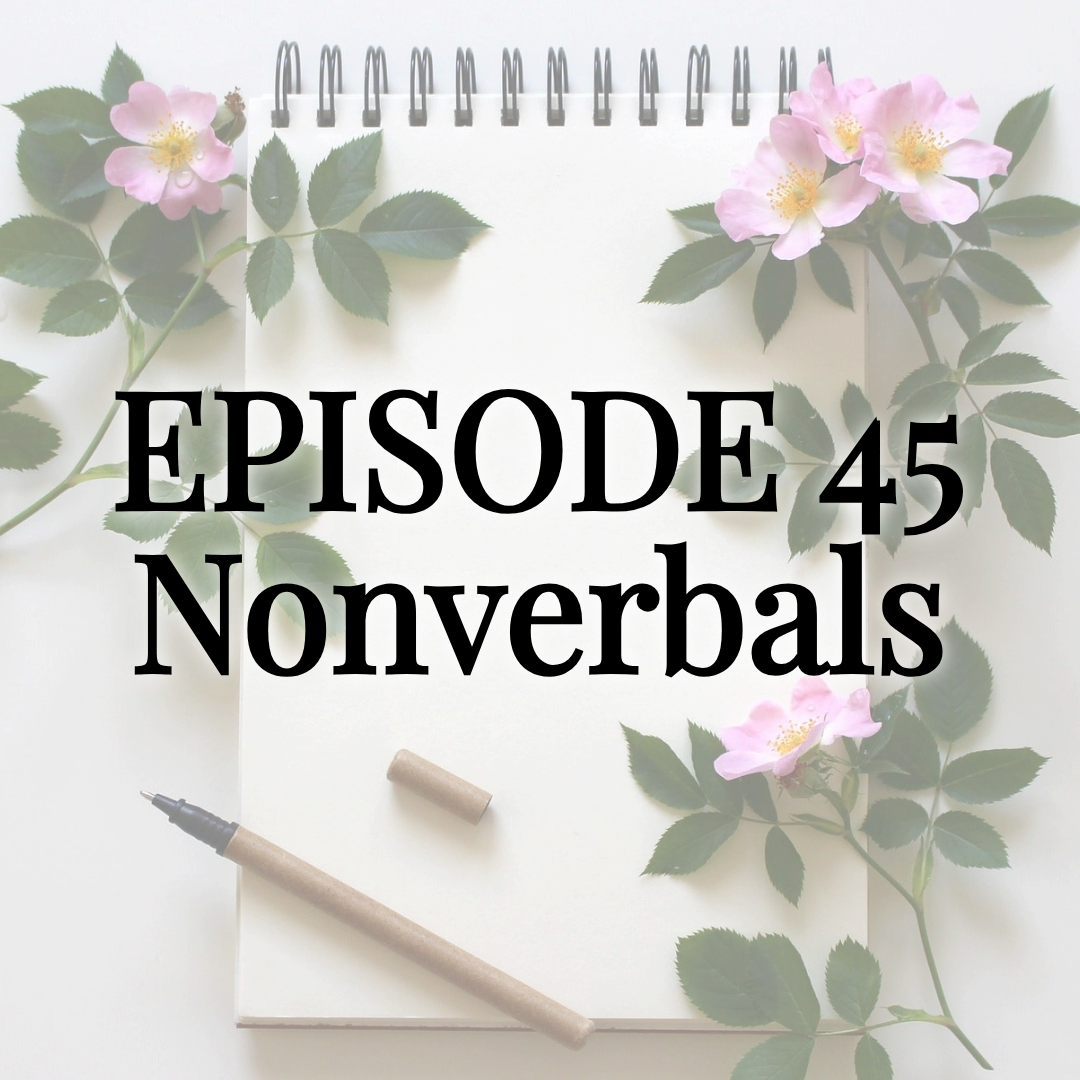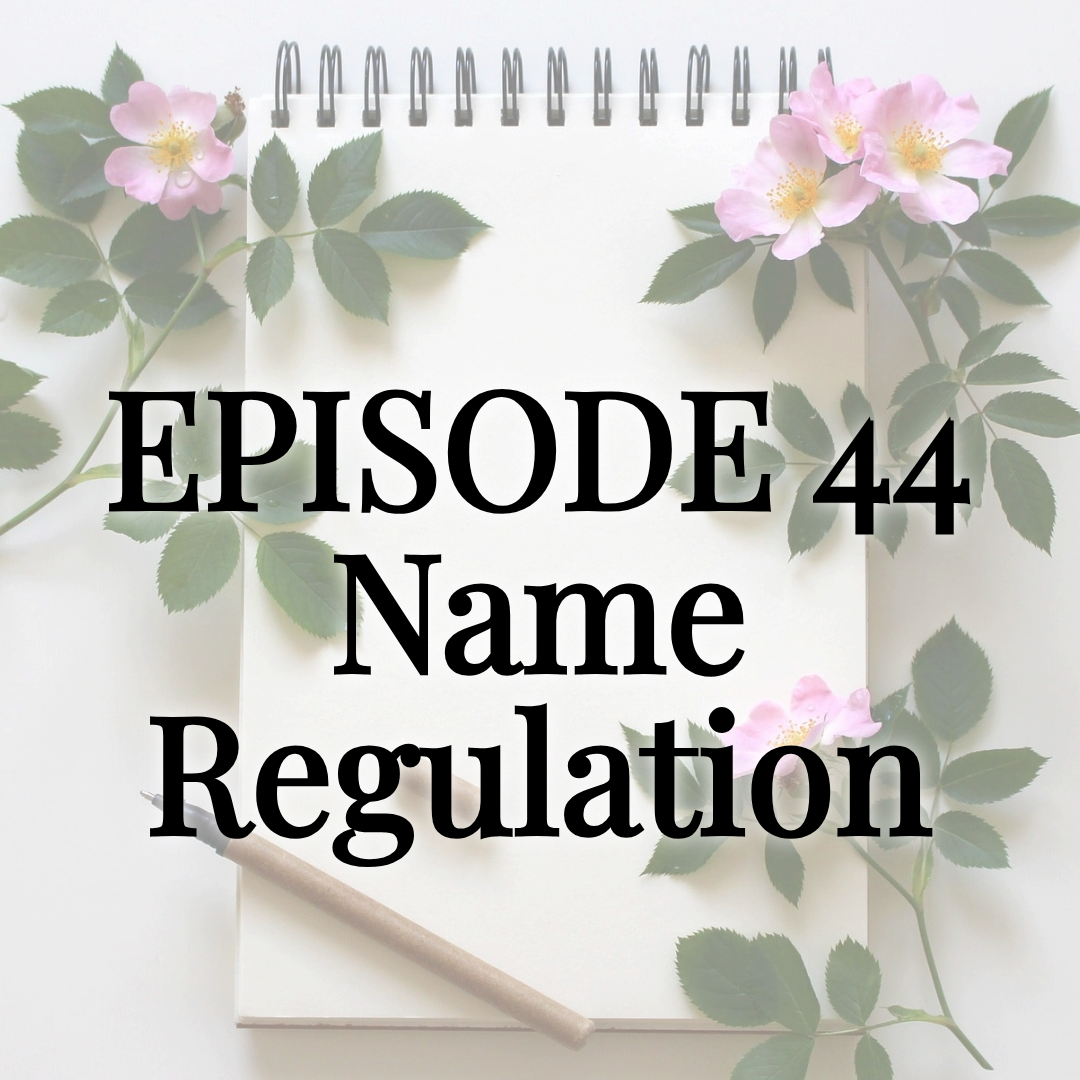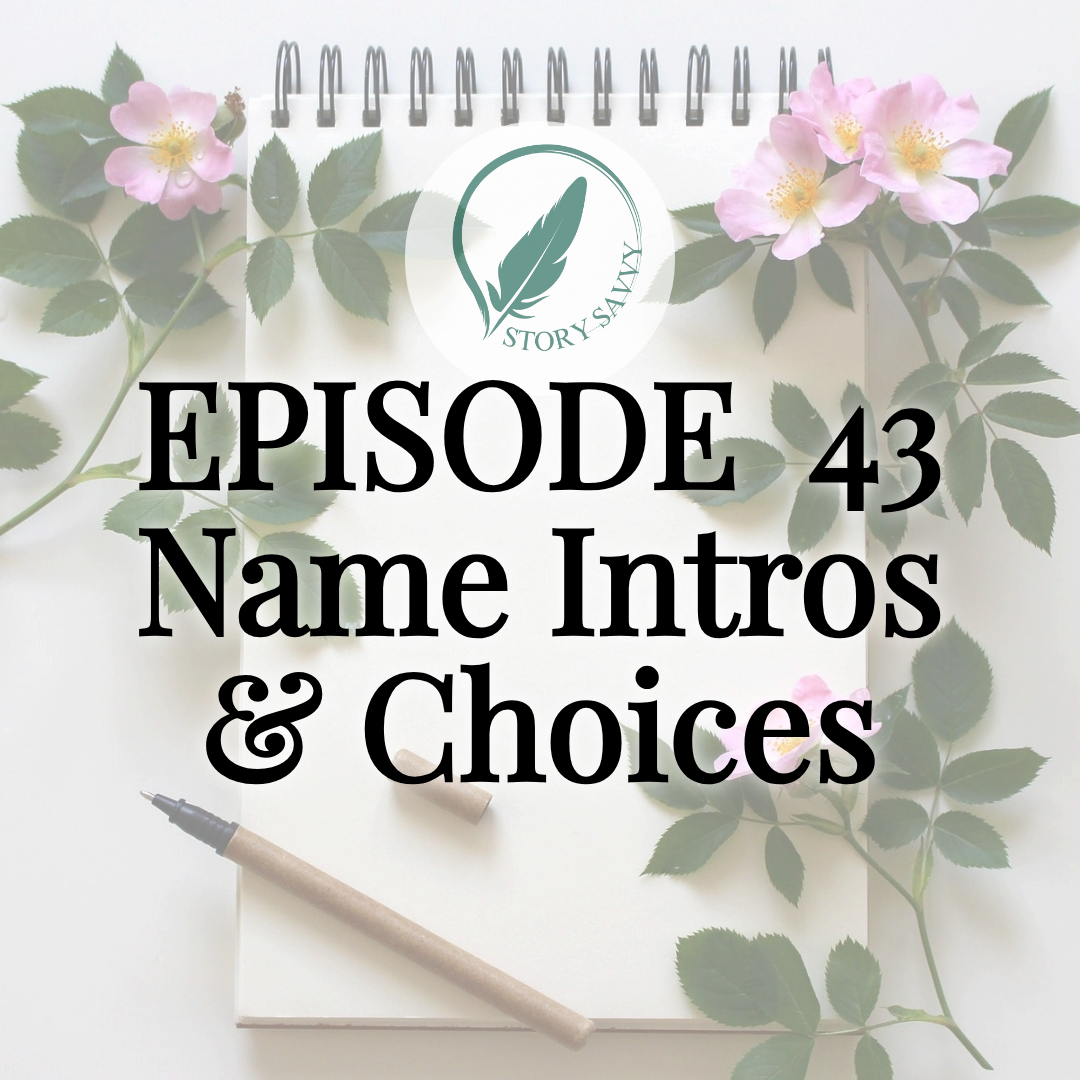The Protagonist's Pivotal Choice: Story Savvy Self-Editing Episode 8
The Pivotal Choice: After-episode thoughts, overview, and transcript...

Thing 1: The midpoint shift IS the turning point I referenced in episode 6. Just for clarity!
Thing 2: Part of HOW you show that they’ve made that first or biggest needed change step for their internal arc in the global crisis is by
rewarding the protagonist for it. Whether it's in a big way that directly connects to the eventual climax, or in a small, immediate way like a thirsty man getting water, it’s important to emotionally and subconsciously show the reader that the step the protagonist just took was one that rewarded them positively. (If you are writing a cautionary story, the opposite advice applies. Punish them for making the
wrong pivotal choice.)
Happy editing!
Episode 26 Overview:
The Protagonist's Pivotal Choice
"What is the biggest choice the protagonist makes in the whole story, and how can I deliver it well?"
Rebecca expertly explains how to craft a compelling pivotal choice through her advice on how to strengthen your plot, how to improve story structure for novels, and how to craft compelling character development around the global crisis. In this eighth episode of the 52-week Story Savvy series, Rebecca—founder of Hart Bound Editing—shares in-depth insights alongside Agnes Wolfe, aspiring writer and host of Authors’ Alcove.
This episode dives into essential storytelling techniques, including how to make your protagonist’s choices meaningful, structure a satisfying story arc, and strengthen your novel through self-editing while really focusing on that pivotal moment in genre fiction that shapes the heart of your novel - the global crisis! Whether you're outlining, drafting, or revising, these expert strategies will help you become a better fiction writer and elevate your novel.
This episode covers:
- How to craft a high-stakes pivotal choice (global crisis) that resonates with readers.
- Why and how your protagonist’s biggest choice should tie into your story’s theme and message.
- The double-factor problem: A powerful tool to frame and build up pivotal decisions.
- How to show rather than tell—making your character’s internal struggles feel natural and compelling.
- Best practices for self-editing to refine plot momentum and character agency.
Rebecca also shares insights on avoiding passive protagonists, ensuring the global crisis is memorable and impactful, and how different genres approach this major turning point. Whether you’re on your first draft or final revision, this episode is packed with actionable writing tips to help you tell a stronger, more engaging story.
Rebecca’s Recommended Resources:
- Story Grid on Double Factor Problems - https://storygrid.com/epsisode-269/
Have questions about self-editing or storytelling?
Drop them in the comments, and we’ll answer them in future episodes! See you next week for episode 9: Delivering a Great Climax and Payoff.
Episode 8 Transcript:
The Protagonist's Pivotal Choice
Rebecca Hartwell: Hello and welcome to the Hart Bound Editing Podcast. This is episode 8 of the weekly Story Savvy series, where we tackle the 52 biggest self-editing topics and tips to help you make your good story great. We've covered a bunch of topics in this series so far, including last week's episode on the most fundamental basics of story structure.
Today, we are going to begin talking about specific moments, starting with the biggest choice our protagonist has to make. By the end of this episode, you'll hopefully feel confident identifying the global crisis in your story and know how to make it as good as it can possibly be. Joining me to ask all of the questions you've wanted to is my friend and co-host, Agnes Wolfe.
Agnes Wolfe: Hi, I am an aspiring fantasy middle-grade writer, and I'm hoping that my book will come out later this year. I'm also the host and founder of Author’s Alcove. I'm here today to tackle our first individual story beat and get deep down into what makes it work.
To get started, I am going to ask a very broad, big question: How do we know what the biggest question for our protagonist is, and how do we know if it isn't obvious in our book?
Rebecca: There's no super easy answer to this, but it's something I very often help clients with because it's a big moment, but not everyone is aware of that. So, I will give you a few brainstorming questions to work on, on your own or while you're listening to the episode, whatever you want to do.
First, where does the protagonist decide to change for real or for good? So, in a meaningful way or permanently? Write that down, that might be the answer.
Question two is: Where does the protagonist decide that there is no longer any question about whether or not they will face the force of antagonism, even if they don't know how they're going to do that yet?
Question three is: Where does the protagonist realize that they've been coming at a problem wrong, or looking at things in the wrong way, or being the wrong kind of person for a long time up to that point? And where do they decide that, moving forward, they're going to do so differently or in a better way?
Agnes: So where should that global crisis moment go in the story?
Rebecca: The global crisis moment should come between the midpoint shift [and climax], which we talked about in last week's episode. After the protagonist has had time to reflect in the gap after that big emotional drop of that midpoint shift, but it needs to happen before the last act break, where they start preparing for the climax.
It's up to you, and your story's needs exactly where that needs to happen, but those are sort of the bumper rails on it. So, as we talked about with genre requirements many weeks ago, this is something that is likely so baked into the stories that we've been consuming our entire lives that it's likely your subconscious already knows that and already put something at least close to a global crisis—or what could serve as one—in that general area already.
For example, in romance, this is often where the female main character realizes that she made a big mistake in pushing away the main male character around the midpoint break and has her moment of: “All right, do I own up to that and go back and apologize and try to get him back, or do I continue wallowing in self-pity?”
Agnes: So how do I know if the global choice our main character needs to make is big enough?
Rebecca: The big question to ask yourself to answer that is: does it matter? Does it matter so much that the entire rest of the book depends on the choice they make in that moment to a significant degree?
To be clear, if the rest of the book won’t happen at all if they choose wrong, that’s more of a climax moment. That something where the stakes are really, really high. Especially if they make the wrong choice in their climax moment if they’re going to die, so the rest of the book isn’t going to happen, that’s a climax thing, not a global crisis.
But it still needs to matter for them and for how they're going to approach the climax. So, your question is pretty easy to answer in the negative—so, in the negative space. If which choice they make doesn't really matter, then it isn't big enough. That's the very simplified version.
This is all relative to scale as well, so the chapter one choice—because there should be some sort of choice in every chapter—is going to be small, and it doesn't have to be impactful, but it still needs to matter. But then the big moment, the biggest choices they have to make, have to matter the most and have the biggest impact.
Agnes: I think one of the good things that you pointed out was that the global choice is different than the climax. I think that's important to know.
What if my protagonist isn't in a position to make that choice, or I don't want them to make that choice, that big of a choice?
Rebecca: Yes, it can sometimes feel a little bit scary to force the protagonist—that may or may not resemble you, but you're definitely invested in—to have to face that sort of crisis. But that's somewhere where you really need to look at what you want to do with the story and if it's working in that regard.
If your protagonist isn't in a position to make the big decision in their story, then is it really their story? If you want to spare them that choice, then is telling this story really worth the time, and effort, and emotional energy, and the theme or message that hopefully you want to give the world?
The reason that you want the protagonist to be the one making the choice in the global crisis is that if they don't, they aren't really the protagonist of that story. Whoever makes that choice is the protagonist. And if you spend a whole book trying to convince a reader that someone other than the decision-maker is the protagonist, they're never going to fully believe you. They're never going to fully buy into the fact that this person is supposed to be the protagonist.
So, it's also worth mentioning here that you hopefully want your story to mean something, like I mentioned with theme and message, and for your readers to be super invested in your protagonist. Forcing the protagonist to make this global choice, as uncomfortable as it might be (and uncomfortable is good in this moment), is the most vital way that you can deliver your message and get the readers invested in the protagonist.
Agnes: It kind of reminds me of when I was listening to a different podcast, and the person was talking about how she does workshops. And one of the workshops she was doing was asking about the protagonist's main choice. And as the person was—she was talking—she realized that her protagonist was a different person than she had thought it was. And that person actually sent her the book and said, “Thank you so much,” because she feels her book was so much better once she realized who the real protagonist actually was.
Rebecca: That's a totally valid approach, and I try not to recommend that to my clients unless they're, like, really receptive to it, because that's a huge blow if you really wanted to write a story about character A, but it turns out character B is actually the protagonist.
But absolute props to that author for recognizing that and running with it, because that does make such a big difference to a story.
Agnes: And I know, like, me and you have actually had a conversation about mine where I was talking about future books, how I wanted to have a change in a character, but you also pointed out how you still need to have your main protagonist be front and center. I don't know if that's how you worded it, but…
Rebecca: Yeah—very much like that. I remember that conversation, and basically, the point that I was trying to make was: You can't have a story centered around a secondary character. That's just not how stories work. If you want it to be centered around that character, they need to be the protagonist. Or you need to take that change arc that you had planned for the secondary character and instead give it to who you want the protagonist to be.
Agnes: Thank you very much. So, how does my character's choice affect the heart of the story or themes, bringing it back to what we've already learned in previous episodes?
Rebecca: Yes. Great question. So, we talked about theme and message a few episodes ago in depth, and the global crisis absolutely ties in. In fact, it is one of the three most important moments to deliver that message, along with the climax and resolution later on.
So, your global crisis must be at the very heart of your message, and I've found that the easiest way to articulate that—and how you want to do that and how it ties in—is through a double-factor problem question. And this is an idea that comes from Story Grid, which I love.
So, the format of a double-factor question is: Is it better to ___or ___? Very simple question. Is it better to... or...
The only thing that you really need to know about this vital question at this stage is that both sides must be balanced. So, for example, “Is it better to be alive or dead?” doesn't work, because there is an obvious better choice. No one is going to play devil's advocate and argue for the other side—at least, not for the most part. However, questions—double-factor problems—like “Is it better to live in shame or die in glory?” totally work as a double-factor problem because different people are going to have strongly held beliefs arguing on either side of that.
So, for a romance novel, if your message is “Your spouse is more important than your career,” this theme might be stated as a question as: "Is it better to have love or money?"
The point is to come up with a question that has enough nuance to it and enough arguments on either side that it's worth exploring. So, for high fantasy, if your theme is “Perseverance always triumphs over evil,” that's a great theme, that’s fine, but that doesn’t actually have a crisis in it. So, rephrasing that (and this is just a brainstorming exercise), you might turn it into something like: "Is it better to fight a hopeless fight or live peacefully in subjugation?" That’s a double-factor problem, and that gives you that question that your protagonists is going to have to ask themselves in the global crisis. They have to choose between the two sides of the double-factor problem. That’s what the global crisis is.
So, no matter what your theme or message is, the global crisis must be the tangible, acted-out, question version of your theme to truly work.
Does that make sense?
Agnes: Yes, it does. Okay, so how do we decide which choice our protagonist should make around that huge question if we aren’t sure? Especially if we’re supposed to set up a question that has no obvious answer?
Rebecca: Right. If you aren’t sure and the book is already written—which I’m assuming it is since this is a self-editing series—then either the answer is obvious, or the choice doesn’t matter. And you need to assess in your own work which is the case if you’re genuinely struggling with this question.
The global crisis has to be a bottleneck where only one of two choices can be made by your protagonist in that moment. Once one of those choices has been made, the other one can no longer be on the table ever again. That’s part of making it matter.
The choice the protagonist must make also has to have huge consequences, either immediately or in the climax, which determines how the story ends: either in a win or loss. And for most genres, it has to be a win. Again, if you’re writing cautionary, that’s a different story.
Basically, if you would have to rewrite the book past that crisis moment if they made a different choice, and you don’t want to, then the choice you want your protagonist to make in that moment is obvious, and you don’t need to worry about this further.
However, if you wouldn’t have to rewrite much of your book at all if they chose differently, then you need to prune the choices available to them down much, much, much further—as slim as you can—and up the stakes of your choice. At which point, which way they choose should be very clear.
Now, I’m going to take this moment to mention a huge caveat to absolutely everything in this episode: Not one word of these considerations, of this global crisis, should ever be told to the reader. Not as a thought, not as narrative, and incredibly rarely as dialogue. (If you really have to show it, do it through dialogue.) But these choices are for you to name as the writer to know what’s motivating your protagonist and to make sure that they act in that regard. It’s for you to make sure that your story is working. Not so that you can add in a paragraph where they’re having this big internal struggle. That’s not the point of this.
These crises should never, ever be spelled out on the page. I would never throw this pedantic advice at a client, I try to be nicer than that, but it’s worth mentioning in this series.
Agnes: So how do we know if we have done a good job, especially if we're not supposed to say it outright?
Rebecca: Action is the short answer there.
So, to set this up and show it, you need to create a situation in which, of course the protagonist has to choose between two possible actions or reactions, and you simply show them making one of those actions, or taking one of those actions, or making one of those choices to show which way they chose.
So, this applies to the classic trolley problem, where you just show the train track, and it's got two different ways to go, and there are people tied to the tracks in different places. You don't have to show the protagonist thinking, “Oh my gosh, I don't know which way to go! Which person am I going to run over?” The question has been shown and set up, and all you have to do to show the character making their global crisis choice is which track they choose. Which way they… I don't know how trains work—which way they turn the train. You don't have to show the internal struggle, because the reader is going to see that choice before them, and they're going to understand that this is a person, this is someone who functions like a person, they're going to make a choice, and then the action shows the outcome.
So that's a big, grand example of what that might look like. But this also applies to much smaller scale stuff. So, for example, let's say your protagonist is going to a party, and you have to make them choose—this probably isn't global crisis level, but scene-level crisis—they have to choose between either standing up to their drunk uncle and calling him out for the shitty things he's saying, or they have to sacrifice the progress they've been making internally towards being braver and better at speaking up by staying silent. And again, you do not have to have any sort of internal moment of them going, “Oh no, which do I do?” You just show that there is this conflict between loud, gross uncle and them needing to speak up or just feeling awful about it, and you just show whether they call him out or stay silent. That’s all it takes.
Doing this leaves that crisis moment entirely to the subtext and the subconscious of the reader which is exactly what you want. Actually seeing that internal debate between the carefully spelled-out and articulated choices is incredibly boring to actually read and should be avoided whenever possible. You want to show rather than tell, and spelling things out is telling.
So, if you must show their actual decision-making, do so as briefly as possible by showing the protagonist hesitating, or starting one action, then switching to the other because they've clearly changed their mind. Or trying to enact or pursue a third option because you've given them two, and if they're really struggling to pick between one or two, they might take a moment to sort of look around and be like, “Okay, are these really the two that I have to pick from? I really don’t want to.” So, make sure that they don’t get a third, but if you want to show how hard it is, have them look for a different option and then not find one.
But that kind of big-level expression of “I'm going to spell it out for you” should only happen at that global crisis in the third act.
Agnes: So how do we know if the reader will find the pivotal choice satisfying?
Rebecca: They will if you make the choice, meet a couple of suggested requirements.
· Number one, make sure that it matters a lot.
· Number two, make the decision hard to make.
· Number three, have big consequences for that choice.
· Number four, make sure that choice is intrinsic to your overall theme like we talked about with the double-factor problem.
· And five, demonstrate (without stating it) that the protagonist, in that moment, has made the most vital step towards their needed internal change.
Even if they have more progress to make around that change before they get to the climax in order to win there, that crisis moment and the choice that they make off of that should absolutely be the first step in the right direction towards becoming braver, kinder, or more confident, whatever’s needed for their internal change arc.
Agnes: So, I know we need to wrap up, but I did want to ask one last question. When we are self-editing, should we stop and look at each scene, asking what decision the protagonist is making, or just at the global one?
Rebecca: Right. So, for this episode, the answer is: just look at the global crisis. That’s what we’re talking about here, and it’s a big marker.
But if you want to look at the crisis in every scene, you can. Probably, I wouldn't recommend doing so until we’ve tackled future topics in this series, like core events. But if you're determined to, first of all, scene-level crises can be subtle. So don’t wear yourself out or wear out your readers by trying to put a massive choice in every single scene. They don’t all have to be that. If you really want to do this chapter by chapter right now, some of the things that you can watch for are:
- What moves the story forward in each scene?
- Does your protagonist make a choice that causes that core momentum?
- Or are they forced to make a choice by that action?
- **If not, make an attempt at fixing that. Any attempt you want to. It’s low stakes at this point.
Try to see how you can either have that forward momentum action come from a choice that the protagonist made or force your protagonist to react in a significant way to that action.
Most often when I see this issue on a smaller scale, it's because it's falling into one of two categories that you can look for in your own work.
Either the scene lacks a core memorable event altogether, in which case I suggest adding one—which, again, we'll go over later in the series—or, option two, a secondary character is taking on and owning the crisis in that scene over the protagonist, in which case I suggest looking at how you can make your protagonist either take that role on, so their lines or their actions now belong to the protagonist, or simply choose to make the protagonist more proactive in some small way in that moment to avoid the sense that they are just being passive and getting swept along. Which we talked about briefly earlier when you mentioned that you and I had a conversation about that in your own later books, of: you can't have the secondary characters taking too much of that agency.
So, to wrap things up at the end of this episode: how are you currently feeling about that one big moment in your book? That global crisis and the choice that your protagonist makes in that moment?
Agnes: That's one thing that I just knew from the very beginning. She was going to make that choice. That was the whole point. That was actually the pivotal moment of me being like, “Okay, I have these characters doing nothing.” And then, it was during that therapy session when I realized that I was a peacekeeper. I was always trying to keep the peace. And if I wanted real peace, I needed to actually act. And it was in that moment that—I guess when I started actually writing my book, it was because I had that pivotal change, that pivotal choice.
Rebecca: That's awesome. And I'm glad you mentioned that, because for myself and my own writing, I tend to assume that the climax action is the core of most stories, but it absolutely can be the global crisis.
And just tying back to something I said very early on in this episode: different genres have different expectations. And if you're writing a maturation plot or disillusionment plot of any kind, it absolutely can be the case that the global crisis is the heart of your story. So, I'm really glad you brought that up.
Agnes: Well, thank you so much for answering all of my questions. I really appreciate it.
Rebecca: Of course. Next week, we will do a companion episode to this one, going over the global crisis—or, sorry, the global climax and resolution, having done the crisis this week.
And then, the week after, we will get into that character change that I mentioned when answering a question earlier in this episode.
So, for now, I really want to thank all of our listeners. If you could please help us out by liking and subscribing to the Hart Bound Editing Podcast and the Authors' Alcove Podcast, we would be very grateful. And you can find lots more content for fantasy authors and readers beyond this joint series over there.
Agnes: Can't wait to chat with you again.
Rebecca: Thank you so much for listening to the Hart Bound Editing Podcast! I look forward to bringing you more content to help you make your good story great so it can change lives and change your world. Follow along to hear more or visit my website, linked in the description, to learn how I can help you and your story to flourish.
See you next time!
